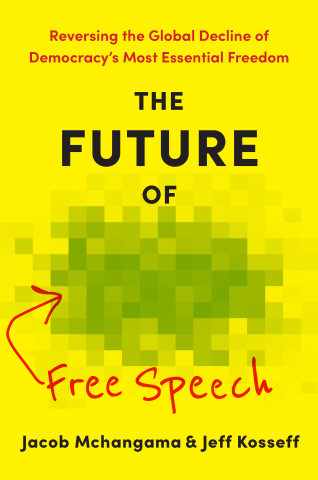
Reviews
Democratization by Elections represents an important contribution to our understanding of how competitive-authoritarian regimes evolve. It is destined to become required reading for those interested in understanding contemporary political events... Path-breaking and persuasive.
Book Details
List of Figures
List of Tables
Foreword
Preface
Introduction. Democratization by Elections: A New Mode of Transition?
Part I: The Democratizing Power of Elections: A Debate
Chapter 1. The Power of Elections
List of Figures
List of Tables
Foreword
Preface
Introduction. Democratization by Elections: A New Mode of Transition?
Part I: The Democratizing Power of Elections: A Debate
Chapter 1. The Power of Elections in Africa Revisited
Chapter 2. The Relative Powerlessness of Elections in Latin America
Chapter 3. Elections as Levers of Democratization: A Global Inquiry
Chapter 4. Post–Cold War Political Regimes: When Do Elections Matter?
Chapter 5. Harbinger of Democracy: Competitive Elections before the End of Authoritarianism
Chapter 6. All Elections Are Not the Same: Why Power-Sharing Elections Strengthen Democratization
Part II: Determinants of the Power of Elections: Autocrats and Opposition Strategies
Chapter 7. Sources of Competition under Electoral Authoritarianism
Chapter 8. Opposition Parties and Incumbent Presidents: The New Dynamics of Electoral Competition in Africa
Chapter 9. Legislative Elections in Hegemonic Authoritarian Regimes: Competitive Clientelism and Resistance to Democratization
Chapter 10. Oppositions versus Dictators: Explaining Divergent Electoral Outcomes in Post-Communist Europe and Eurasia
Chapter 11. Judicial Complexity Empowering Opposition? Critical Elections in Armenia and Georgia
Part III: Reflections and Conclusions
Chapter 12. The Contingent Power of Authoritarian Elections
Chapter 13. A Theory of Elections as a Mode of Transition
Notes
References
Contributors
Index






